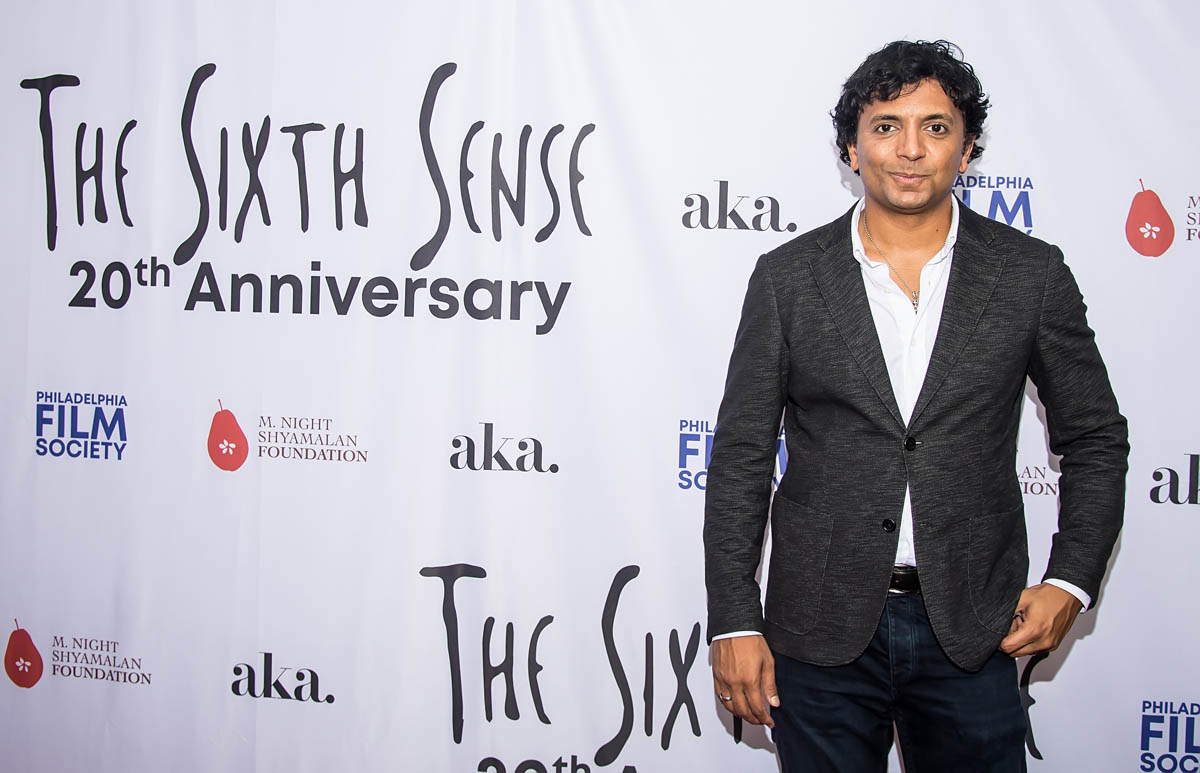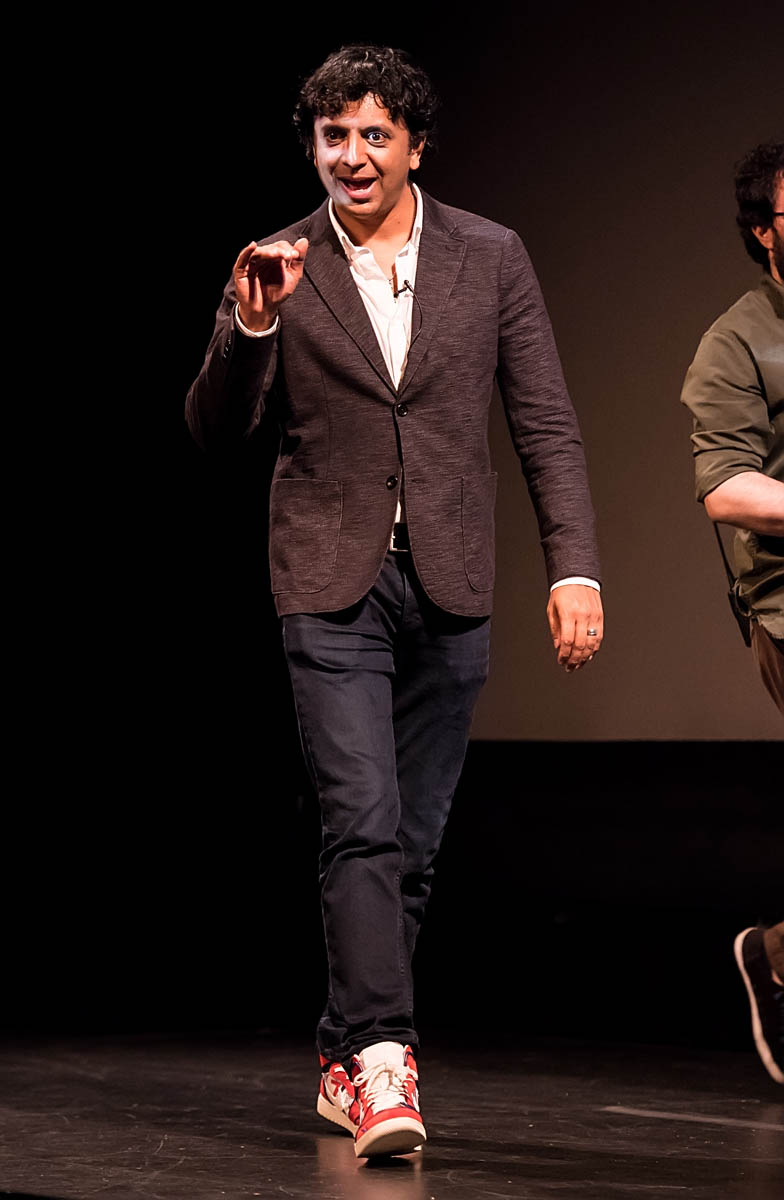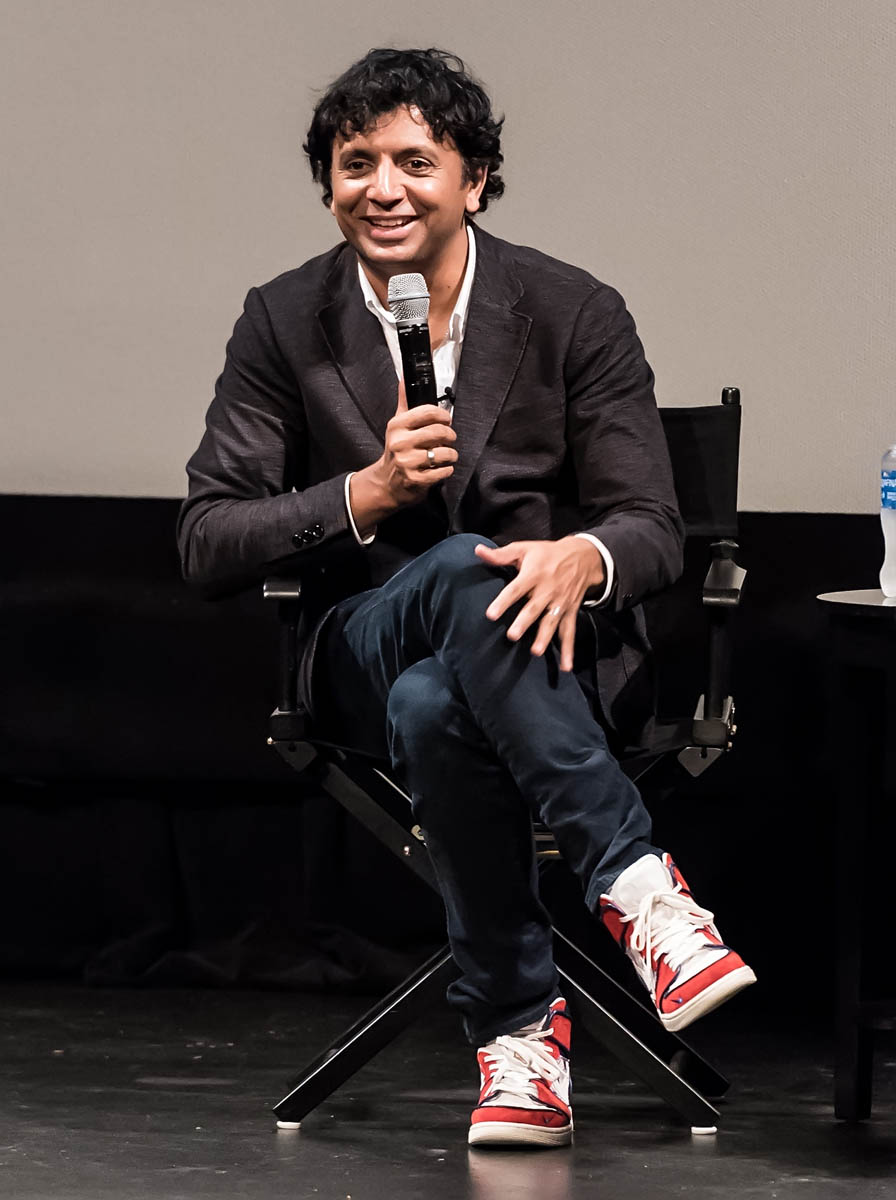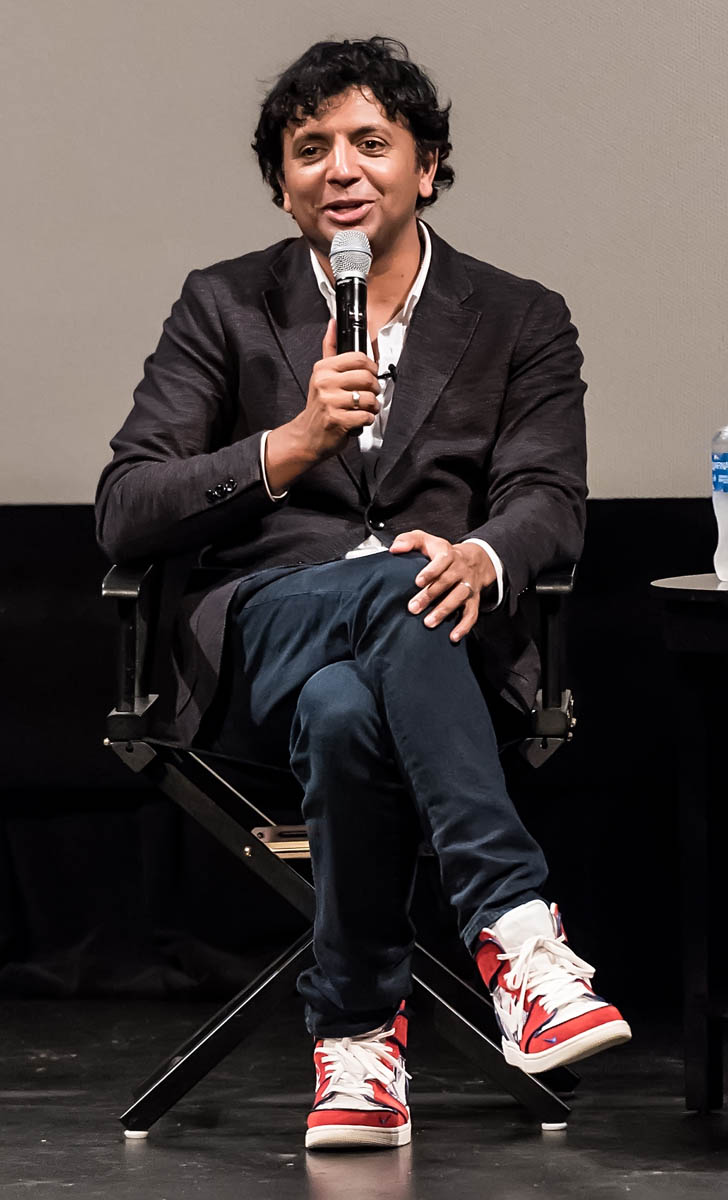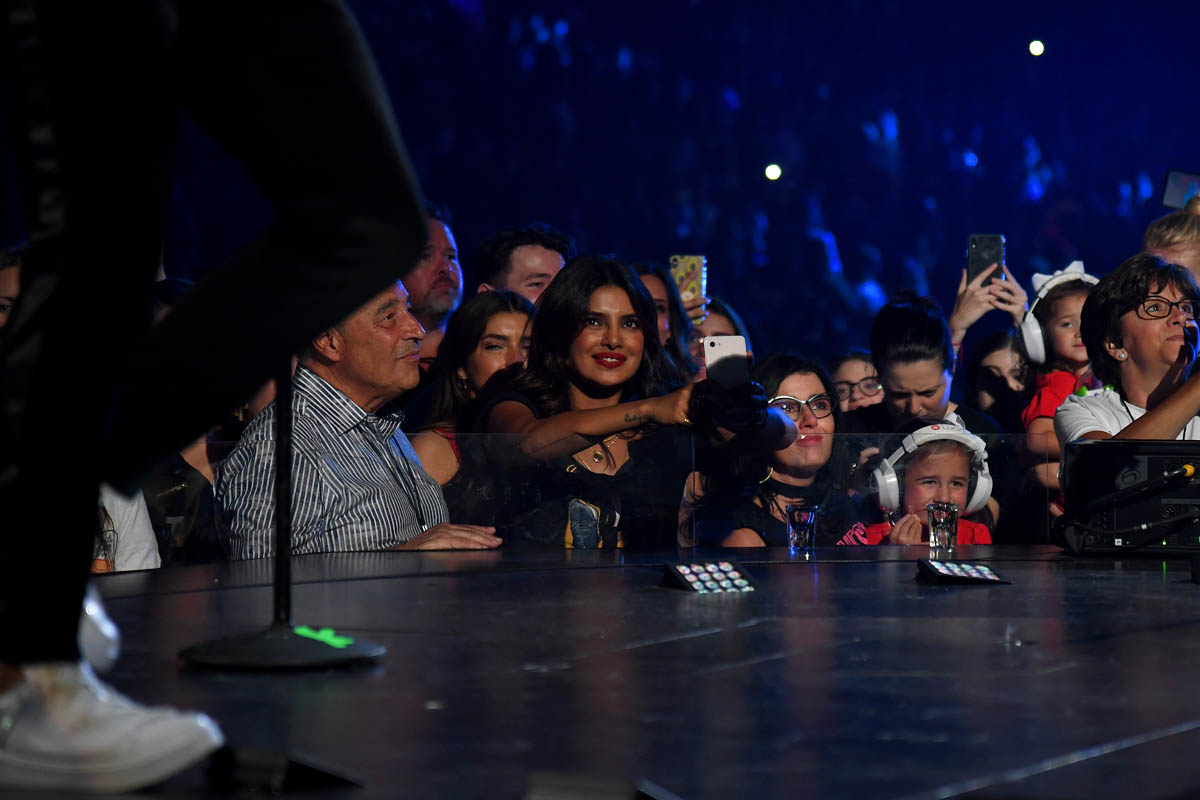Happy Anniversary, Spoiler Alert


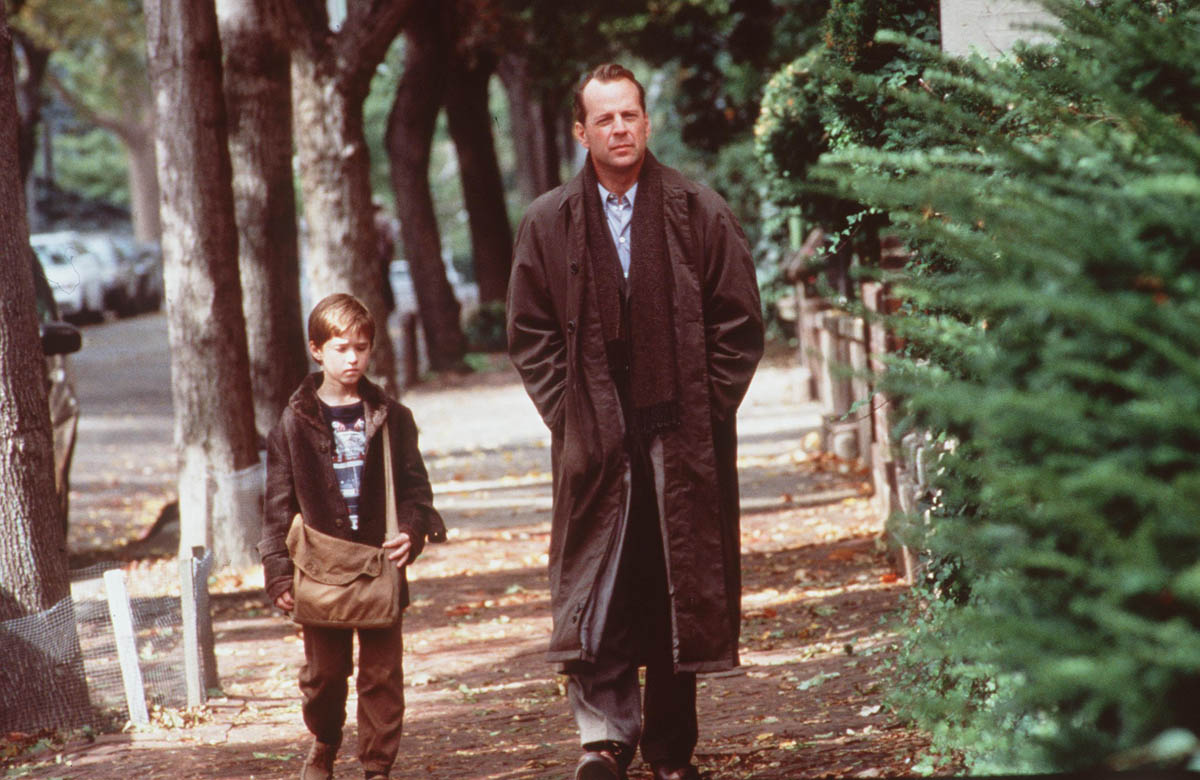
Marking movie anniversaries has become A Thing, and I’m not sure entirely what the point is except to make people feel old. Most movies aren’t actually worth lionizing in that way, but sometimes there is a movie milestone worth noticing (for example: it’s been 20 years since Beni had all the horses on the wrong side of the river). This week marks the 20th anniversary of The Sixth Sense, the film that put M. Night Shyamalan on the map, launched Haley Joel Osment’s career, goosed Bruce Willis’s career—for one entire year, we thought he was going to start trying again—gave us an immortal catchphrase, and set us on a 20 year course toward the conclusion of a weird superhero trilogy. But The Sixth Sense is also notable because it marks the moment when spoiler culture took over Hollywood. For better or worse, mostly worse, The Sixth Sense is the film that made spoilers the most taboo topic in the cinematic discourse.
For The Sixth Sense, the entire film is about the twist. It makes sense to be protective of a twist in that case, when literally the whole film rides on people being taken by surprise. But in the two decades years since The Sixth Sense, spoilers have metastasized to include basic plot points. People got mad at me for confirming the existence of time travel in my Avengers: Endgame review, even though there was a clear demarcation when even a SLIGHT spoiler would be included. And I only did that because I knew going in people would get mad, because people are ALWAYS mad about spoilers. Time travel in Endgame is a just a plot point, it’s not the crux of the story or any dramatic element—it WOULD have been a spoiler to reveal Tony Stark’s fate. But mentioning a plot device that allows me to assess how the basic narrative of the movie functions is necessary for a good review.
Of course, I come at the spoiler issue as a critic, and it can often feel adversarial from my position. Hardly a review gets posted that at least one person doesn’t yell at me for spoilers, and then I go to screenings and get lectures from filmmakers recited at me about not “ruining their movies” by discussing them. I get it from both sides almost constantly, and it’s not like I’m out here TRYING to ruin movies for people. But I do need to be able to discuss plot, when it works, when it doesn’t, maybe why it doesn’t, in order to write an effective review.
I feel like, now that we’ve had twenty years of spoiler culture getting steadily worse, it’s time to determine what actually qualifies as a spoiler. The plot twist of The Sixth Sense is certainly a spoiler, as it is the fulcrum on which the entire film hinges. But revealing that Malcolm Crowe is shot in the opening moments of the film is not a spoiler, it’s a basic plot point, like Endgame’s time travel, that allows the narrative to work. It’s “Is this something I need to know to understand this story” versus “Will knowing this ruin my experience of the film”. Generally, anything outside of the last half hour of the movie will not ruin your enjoyment of the movie. So happy anniversary to The Sixth Sense, and by association spoiler alerts. Here’s hoping over the next 20 years we can all chill out and be less paranoid about spoilers.


